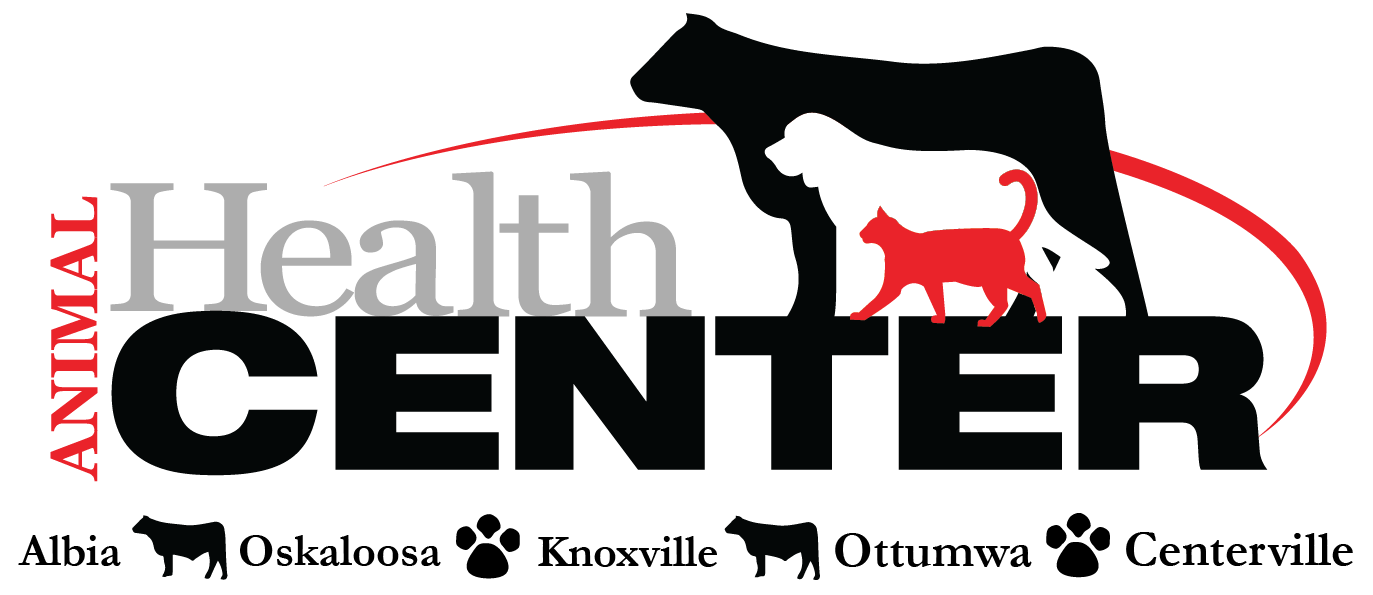When was the last time your pet stepped on the scale? Just as eating right and exercise is imperative to human well-being, your pet also needs to stay trim and active to live a long and healthy life. Unfortunately, 60% of cats and 56% of dogs in America are overweight or obese (according to the 2018 National Pet Obesity Survey). This month, focus on helping your pet get in better shape and lower their risk of weight-related disorders such as arthritis, diabetes, liver disease, breathing issues, and more.
If you’re unsure of your pet’s weight, it’s time for a wellness exam! We’ll conduct a comprehensive exam to help evaluate your pet’s overall health, including testing for weight-related risk factors, and answering any concerns you have about your pet’s weight. We will also give you personalized recommendations on the best food for your pet, and how to get your pet back in shape depending on their breed specifications, activity level and lifestyle. Contact us to schedule up your appointment today!
It’s your duty as a pet owner to prioritize their health. They depend on you to feed them right and provide them with adequate exercise. Here are just a few of the weight-related health problems that can come along with the extra pounds your overweight pet carries:
- Joint Problems: Carrying excess weight puts stress on your pet’s joints. Overweight pets suffer from increased force on their joints, as well as inflammation from the extra fat tissue. Signs of osteoarthritis in pets include reluctance to exercise, decrease in overall activity, stiffness, lameness, and inability to jump. Your pet may show behavioral issues indicating their joints are uncomfortable, such as taking the stairs slower than normal, or urinating outside the litter box because it’s too painful to jump.
- Diabetes: Obesity is a significant risk factor for the development of diabetes in pets. Diabetes is an illness that requires lifelong treatment with special diets, a good fitness regimen, and (particularly in dogs) daily insulin injections. Signs of diabetes in pets include excessive water drinking and increased urination, weight loss, decreased appetite, cloudy eyes, and chronic or recurring infections.
- Liver Disease: Your pet’s organs work harder than normal when they are overweight. Fatty liver disease is an illness that causes your pet’s liver to be so overtaxed with processing and storing fat that it can’t perform its other essential function of riding the body of toxins. While fatty liver disease is more prominent in cats than dogs, both can have this disease. Symptoms include loss of appetite, rapid weight loss, jaundice, vomiting, excessive salivating, diarrhea or constipation, and depression.
- Breathing Issues: Fat in the chest and abdomen can restrict the ability of your pet’s lungs to expand, making it difficult for them to breath. Overweight pets are also more prone to a collapsing trachea and laryngeal paralysis. Signs include your pet gets tired quickly during regular walks or activity, panting without exercising, and noisy and labored breathing.
Obesity impacts both the quality and quantity of your pet’s life. Fortunately, these health risks can be minimized with a proper diet and exercise, even if your pet is currently obese. And, more activity means having more fun with your dog or cat! Set up your pet’s wellness exam today for a weight-loss program that is tailored to your pet. Through nutritional counseling, we’ll identify a veterinarian-approved food that is best for them and will find a serving size to fit their needs. We will also advise on the level of activity your pet needs to reach and maintain a healthy weight. Contact us today!



